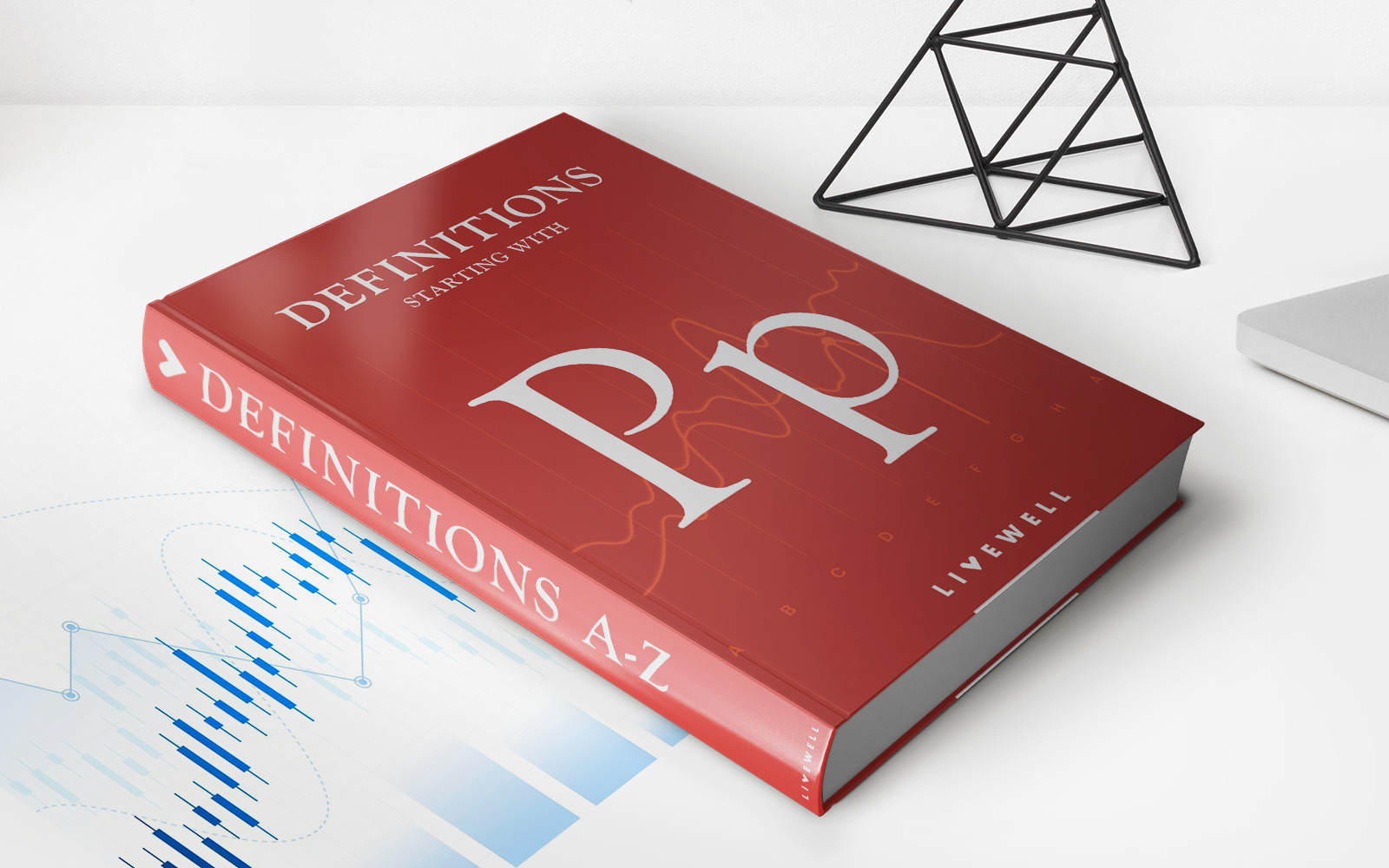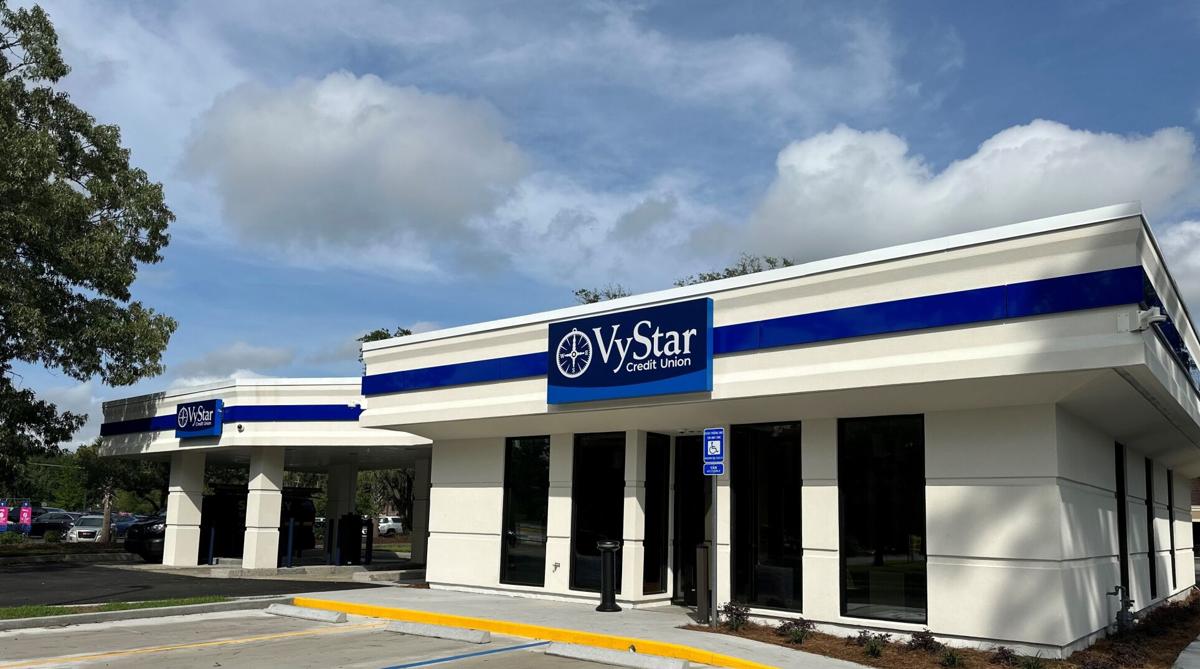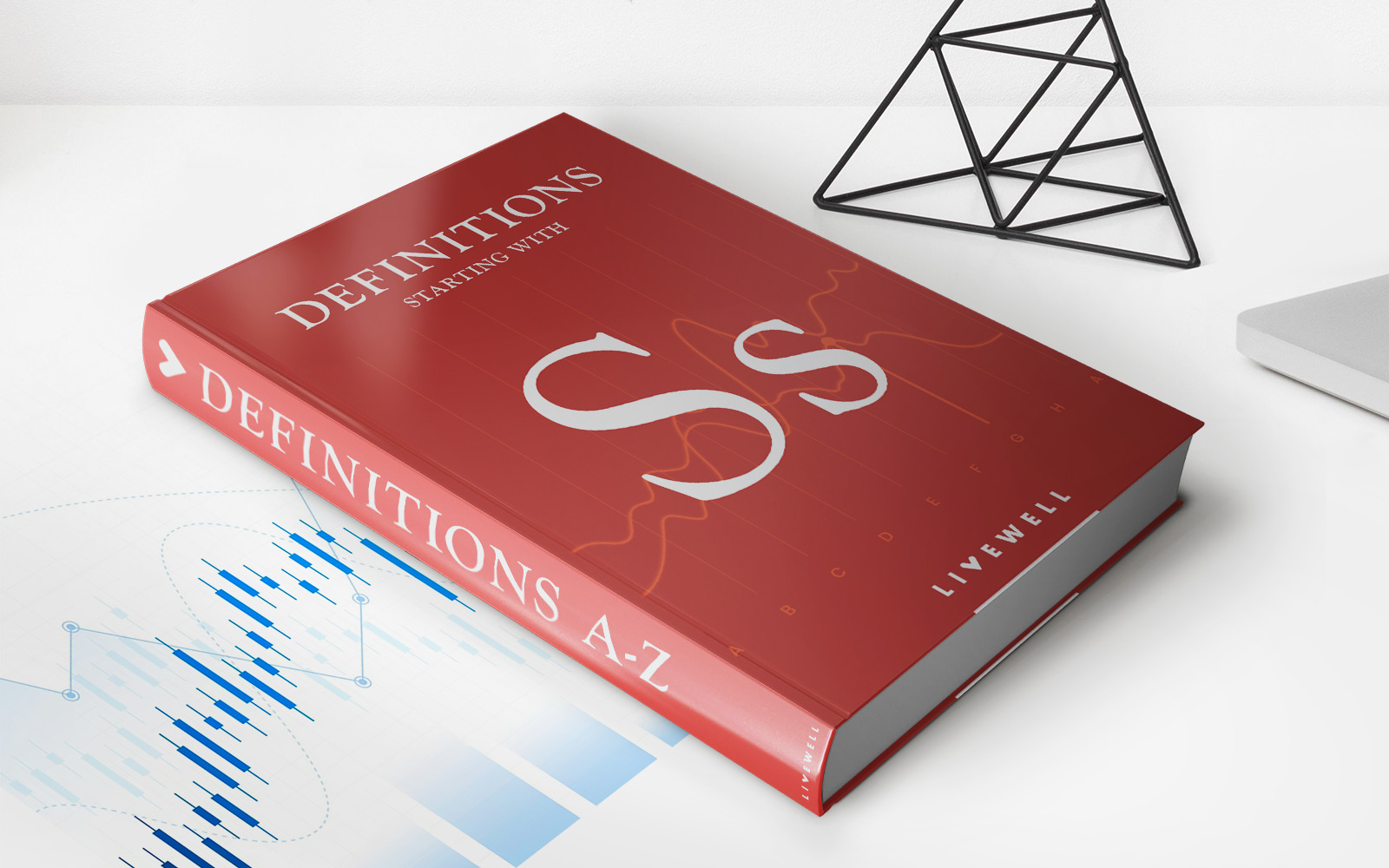

Finance
What Is The SBA Loan Interest Rate?
Published: February 16, 2024
Learn about the current SBA loan interest rates and how they can impact your finances. Find out how to secure favorable rates for your business.
(Many of the links in this article redirect to a specific reviewed product. Your purchase of these products through affiliate links helps to generate commission for LiveWell, at no extra cost. Learn more)
Table of Contents
**
Introduction
**
When it comes to starting or expanding a small business, securing the necessary funding is often a critical step. Small Business Administration (SBA) loans have emerged as a popular financing option for entrepreneurs due to their favorable terms and accessibility. One of the key factors that entrepreneurs consider when evaluating SBA loans is the interest rate. Understanding the SBA loan interest rate is crucial for making informed financial decisions and ensuring the long-term success of a business.
In this comprehensive guide, we will delve into the intricacies of SBA loan interest rates, shedding light on the factors that influence these rates and providing insights into the current landscape of SBA loan interest rates. Additionally, we will equip you with valuable tips on how to secure the best possible interest rate for your SBA loan, empowering you to navigate the world of small business financing with confidence.
Whether you are a seasoned entrepreneur seeking to expand your operations or an aspiring business owner embarking on a new venture, understanding the nuances of SBA loan interest rates is essential for making sound financial decisions. Join us as we embark on a journey to demystify the world of SBA loan interest rates and empower you to make informed choices that will propel your business towards success.
**
Understanding SBA Loans
**
Small Business Administration (SBA) loans are government-backed financing options designed to provide support to small businesses. These loans are sought after for their favorable terms, including competitive interest rates, longer repayment periods, and lower down payment requirements compared to traditional loans. SBA loans are not directly issued by the SBA; instead, they are provided by participating lenders, such as banks and credit unions, with a guarantee from the SBA, which mitigates the lender’s risk and encourages them to extend financing to small businesses.
One of the key distinguishing features of SBA loans is their flexibility in terms of usage. Whether it’s acquiring real estate, purchasing equipment, funding working capital, or refinancing existing debt, SBA loans can cater to a wide range of business needs. Additionally, these loans are accessible to businesses across various industries, making them a versatile financing option for entrepreneurs.
It’s important to note that while the SBA guarantees a portion of the loan, the actual terms and conditions, including the interest rate, are determined by the participating lender. This means that entrepreneurs seeking SBA loans must navigate the offerings of different lenders to find the most favorable terms for their specific financial needs.
Understanding the nuances of SBA loans involves grasping the various programs offered by the SBA, such as the 7(a) loan program, the CDC/504 loan program, and the microloan program, each tailored to address specific financing requirements of small businesses. By familiarizing themselves with the intricacies of these programs, entrepreneurs can identify the most suitable SBA loan option for their business.
In summary, SBA loans serve as a lifeline for small businesses, offering accessible and flexible financing solutions with favorable terms. By comprehending the fundamentals of SBA loans, entrepreneurs can harness the power of these financial resources to fuel the growth and success of their ventures.
Factors Affecting SBA Loan Interest Rates
Several key factors influence the interest rates associated with Small Business Administration (SBA) loans. Understanding these determinants is crucial for entrepreneurs seeking to secure favorable financing for their business endeavors. By gaining insight into the elements that impact SBA loan interest rates, individuals can make informed decisions and take proactive steps to enhance their loan eligibility and terms.
-
Creditworthiness:
The credit history and financial standing of the business owner and the business itself play a significant role in determining the SBA loan interest rate. Lenders assess the creditworthiness of the borrower to gauge the level of risk associated with extending the loan. A strong credit profile, characterized by a high credit score and a history of responsible financial management, can lead to more favorable interest rates.
-
Loan Amount and Term:
The amount of the SBA loan and its repayment term can impact the interest rate. Generally, larger loan amounts and longer repayment terms may result in slightly higher interest rates, reflecting the increased risk and extended duration associated with the loan.
-
Economic Conditions:
The prevailing economic landscape, including factors such as inflation, market interest rates, and the overall financial environment, can influence SBA loan interest rates. Economic fluctuations and market dynamics play a role in shaping the cost of borrowing, impacting the interest rates offered by lenders.
-
Collateral and Down Payment:
The presence of collateral to secure the loan and the size of the down payment can affect SBA loan interest rates. Offering valuable collateral and a substantial down payment can mitigate the lender’s risk, potentially leading to more favorable interest rates for the borrower.
-
Business Financials:
The financial health and performance of the business, including factors such as revenue, profitability, and cash flow, can influence SBA loan interest rates. Lenders evaluate the business’s financial stability and viability, with stronger financial metrics often correlating with lower interest rates.
By considering these influential factors, entrepreneurs can gain a deeper understanding of the dynamics that underpin SBA loan interest rates. Armed with this knowledge, business owners can proactively address key areas, such as improving their creditworthiness and bolstering their financial standing, to position themselves for more favorable loan terms and interest rates.
Current SBA Loan Interest Rates
As of [current date], the interest rates for Small Business Administration (SBA) loans are reflective of the prevailing economic conditions and lending landscape. It’s important to note that SBA loan interest rates can vary based on the specific loan program, the lender’s offerings, and the unique financial circumstances of the borrower. Understanding the current interest rate environment for SBA loans empowers entrepreneurs to make informed decisions as they navigate the financing options available to them.
The SBA offers various loan programs, each with its own set of interest rate parameters. For example, the 7(a) loan program, which is the SBA’s primary program for providing financial assistance to small businesses, features interest rates that are based on the prime rate, with additional percentage points added based on the size and maturity of the loan. As of [current date], the interest rates for 7(a) loans typically range from [range of interest rates], representing competitive financing options for eligible businesses.
For entrepreneurs seeking real estate or equipment financing, the CDC/504 loan program, another prominent offering from the SBA, presents attractive fixed-rate options. As of [current date], the interest rates for CDC/504 loans are structured to align with the current market conditions, providing stability and predictability for businesses pursuing long-term capital investments.
Additionally, the SBA microloan program, tailored for small businesses in need of modest funding, features interest rates that are influenced by various factors, including the intermediary lender’s costs and the overall cost of funds. As of [current date], the microloan program continues to offer accessible and affordable financing solutions to qualifying small businesses.
It’s important for entrepreneurs to engage with SBA-approved lenders to obtain the most up-to-date information on current interest rates and to explore the specific terms and conditions associated with each loan program. By leveraging the expertise of SBA-approved lenders, business owners can gain clarity on the prevailing interest rates and identify the most advantageous financing options for their unique business needs.
Staying informed about the current SBA loan interest rates enables entrepreneurs to make strategic financial decisions, capitalize on favorable lending conditions, and propel their businesses toward sustainable growth and success.
How to Get the Best SBA Loan Interest Rate
Securing the best possible interest rate for a Small Business Administration (SBA) loan is a pivotal objective for entrepreneurs, as it can significantly impact the overall cost of borrowing and the long-term financial health of their businesses. By implementing strategic approaches and leveraging key considerations, business owners can position themselves to obtain favorable SBA loan interest rates, maximizing the value of their financing and enhancing their financial outlook.
-
Strengthen Your Credit Profile:
Prior to applying for an SBA loan, entrepreneurs should focus on bolstering their personal and business credit profiles. This includes maintaining a strong credit score, addressing any outstanding debts or discrepancies, and demonstrating responsible financial management. A robust credit history can enhance the borrower’s eligibility for competitive interest rates.
-
Prepare a Comprehensive Business Plan:
Presenting a well-structured and detailed business plan can instill confidence in lenders regarding the viability and potential of the business. A compelling business plan that outlines clear objectives, strategies, and financial projections can strengthen the borrower’s position when negotiating for favorable SBA loan terms.
-
Engage with Multiple Lenders:
Exploring the offerings of different SBA-approved lenders can provide entrepreneurs with insights into a diverse range of loan options and interest rates. By engaging with multiple lenders, business owners can compare and contrast the terms and conditions, empowering them to identify the most advantageous financing solutions for their specific needs.
-
Offer Collateral and a Substantial Down Payment:
Providing collateral to secure the loan and making a significant down payment can mitigate the lender’s risk, potentially leading to more favorable interest rates. By offering valuable assets as collateral and demonstrating a strong financial commitment, borrowers can enhance their appeal to lenders and negotiate for better loan terms.
-
Work with an Experienced SBA Loan Advisor:
Collaborating with a knowledgeable SBA loan advisor can provide entrepreneurs with valuable guidance throughout the loan application process. An experienced advisor can offer insights into the intricacies of SBA loans, assist in navigating the requirements, and help optimize the borrower’s eligibility for competitive interest rates.
By implementing these proactive strategies and leveraging the expertise of financial professionals, entrepreneurs can position themselves to secure the best possible interest rates for their SBA loans. Additionally, maintaining open communication with lenders, staying informed about the current interest rate environment, and demonstrating a commitment to financial responsibility can further bolster the borrower’s prospects of obtaining favorable loan terms.
Ultimately, by taking a strategic and informed approach to securing SBA loan financing, entrepreneurs can optimize their financial outcomes, capitalize on favorable lending conditions, and propel their businesses toward sustainable growth and success.














